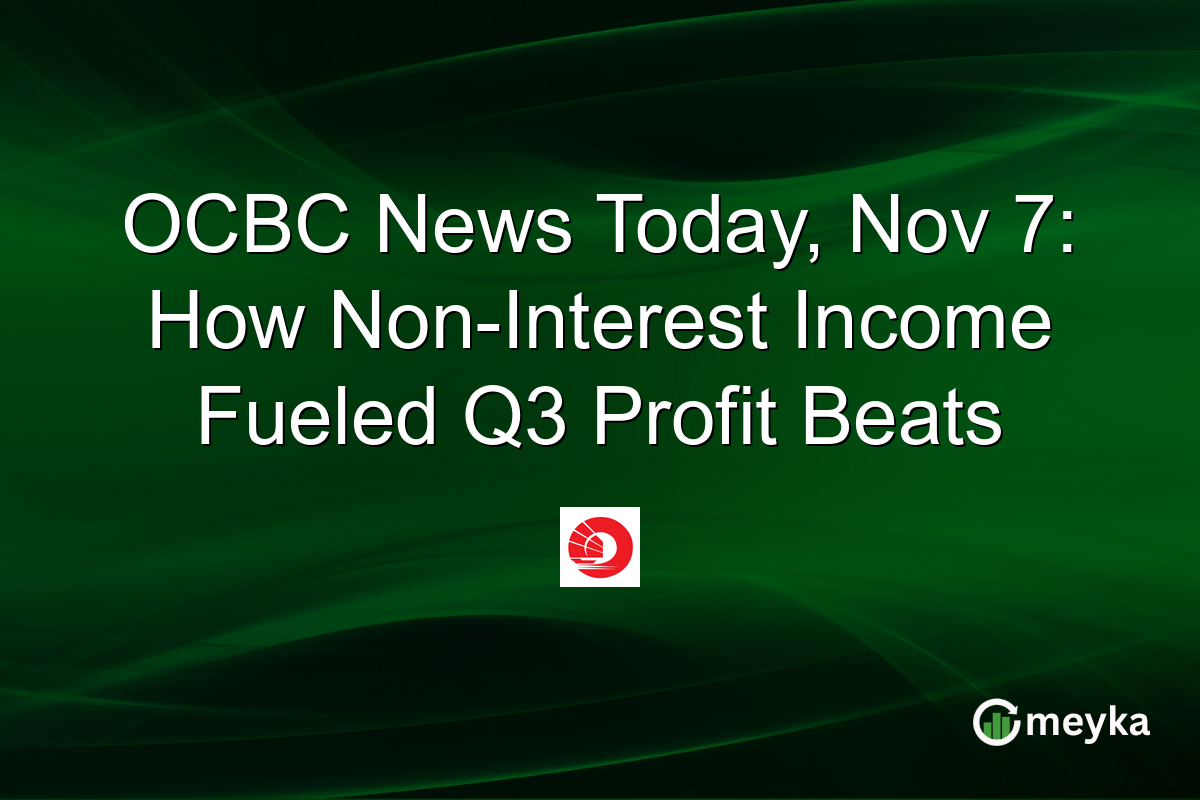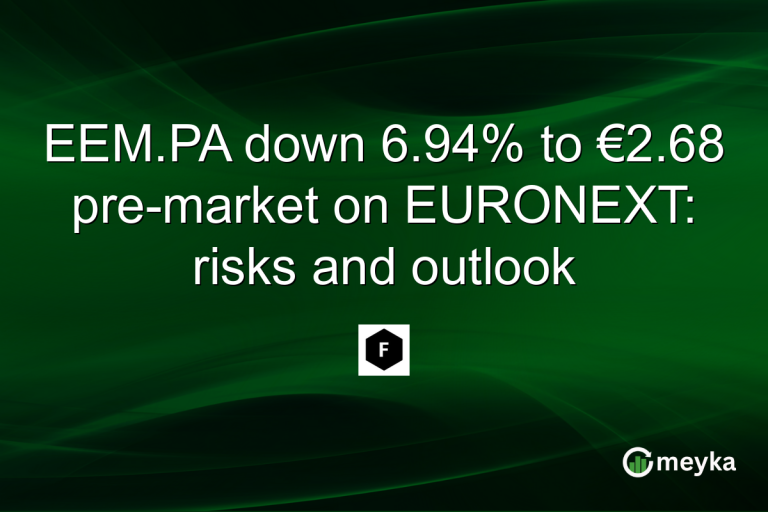OCBC News Today, Nov 7: How Non-Interest Income Fueled Q3 Profit Beats
OCBC recently announced a significant increase in third-quarter profits, surpassing market expectations. This impressive result was primarily driven by a substantial rise in non-interest income, showcasing OCBC’s strategic prowess in navigating financial landscapes. This development has not only grabbed investor attention but also impacted OCBC’s share value.
Continue Reading on Meyka
This article is available in full on our main platform. Get access to complete analysis, stock insights, and more.
Read Full Article →





